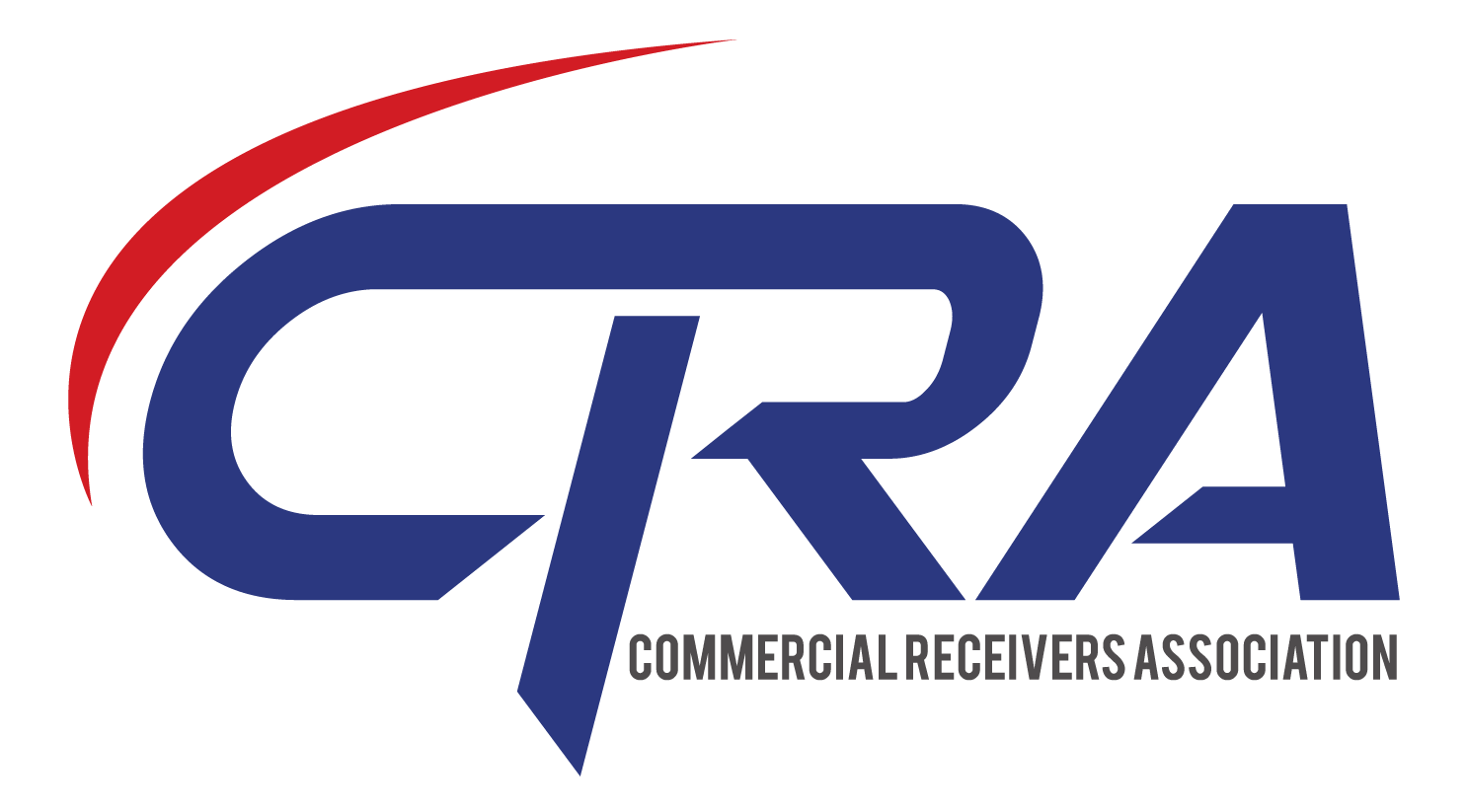The Shield of Judicial Immunity Protects Receivers
by: George H. Singer | Ballard Spahr LLP
Article Originally Written for and Published by Bench and Bar of Minnesota
The United States Supreme Court declined to second-guess whether court-appointed receivers are shielded from liability for their actions due to derived judicial immunity, leaving in tact a recent decision from the Court of Appeals for the Third Circuit that granted a receiver broad protection. The Supreme Court in Trinh v. Fineman[1] denied plaintiff’s petition for review, which urged the rejection of the principle of absolute immunity for receivers. The Third Circuit determined that court-appointed receivers are entitled to quasi-judicial immunity when they act within the court’s authority and, therefore, are not subject to suit under the common law.[2]
George H. Singer is a Partner at the Minneapolis office Ballard Spahr LLP and practices in the areas of corporate finance and insolvency, where he represents lenders, private equity firms and corporate clients in transactional matters as well as bankruptcy and receivership proceedings. Mr. Singer is a Fellow in the American College of Bankruptcy.
Find the full article here: 2022.07.15 Article_ The Shield of Immunity Protects Receivers
[1] __ U.S. __, Case No. 21-981, cert. denied (March 21, 2022).
[2] Trinh v. Fineman, 9 F.4th 235 (3d Cir. 2021).


